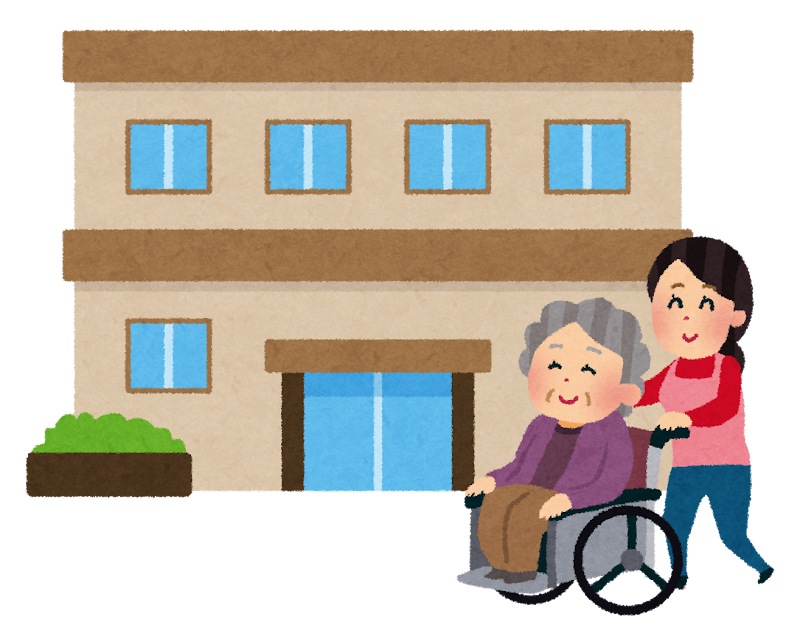介護業界の未来
The situation of care-giving industry in Japan is getting worse. In 2025, the estimated number of elderly people with dementia is said to hit a record high of over seven million people. Medicare and nursing care are going to face serious challenges with the amount of workload caused by the increasing elderly population.
Despite the greater demand for healthcare for the elderly, there lies labor shortages in caring homes. Care workers are often underpaid and forced to work over hours with limited paid leaves a year, which causes them to leave their jobs in search for better job opportunities. This means that more burden will be placed on those who remain in their workplaces.
As more old people start using nursing care insurance, the insurance premium is also rising. In Japan, people with age 40 start paying for nursing care insurance premium. People who are 65 years old or older can start using nursing care services after being diagnosed and classified as “support required”. The thing is that people over 65 years old or older and yet healthy enough to live on their own have to pay a great amount of nursing care insurance premium from their meager pensions. Most of them have already retired, so they depend their income thoroughly on pensions. Although an amount of pensions varies from person to person, most elderly receive their pensions to barely meet their needs. So, rising insurance premium is a growing concern for many elderly people today.
So now we know that there’s a labor shortage problem in nursing homes for the elderly. This occupation is not only financially rewarding but also physically challenging. Therefore, not many people apply for job openings in this fields. The government of Japan has decided to import labor force from Asia such as Nepal, Myanmar, and Indonesia in order to supply foreign laborers to caring industries. However, it is also true that many foreign workers find it difficult to continue working in Japan and return home after working for a few years. I think if we invite them to work, we have to take good care of them, too. I think we are failing to do so.
Only if I had a better pay by working in the caring home, I would continue working for the elderly. But it doesn’t look like it. Future of Japan seems bleak with so many problems under growing aging population and declining birth rates. Policy makers must take further measures to address these issues so that next generations can live their lives fully satisfied.
Despite the greater demand for healthcare for the elderly, there lies labor shortages in caring homes. Care workers are often underpaid and forced to work over hours with limited paid leaves a year, which causes them to leave their jobs in search for better job opportunities. This means that more burden will be placed on those who remain in their workplaces.
As more old people start using nursing care insurance, the insurance premium is also rising. In Japan, people with age 40 start paying for nursing care insurance premium. People who are 65 years old or older can start using nursing care services after being diagnosed and classified as “support required”. The thing is that people over 65 years old or older and yet healthy enough to live on their own have to pay a great amount of nursing care insurance premium from their meager pensions. Most of them have already retired, so they depend their income thoroughly on pensions. Although an amount of pensions varies from person to person, most elderly receive their pensions to barely meet their needs. So, rising insurance premium is a growing concern for many elderly people today.
So now we know that there’s a labor shortage problem in nursing homes for the elderly. This occupation is not only financially rewarding but also physically challenging. Therefore, not many people apply for job openings in this fields. The government of Japan has decided to import labor force from Asia such as Nepal, Myanmar, and Indonesia in order to supply foreign laborers to caring industries. However, it is also true that many foreign workers find it difficult to continue working in Japan and return home after working for a few years. I think if we invite them to work, we have to take good care of them, too. I think we are failing to do so.
Only if I had a better pay by working in the caring home, I would continue working for the elderly. But it doesn’t look like it. Future of Japan seems bleak with so many problems under growing aging population and declining birth rates. Policy makers must take further measures to address these issues so that next generations can live their lives fully satisfied.



